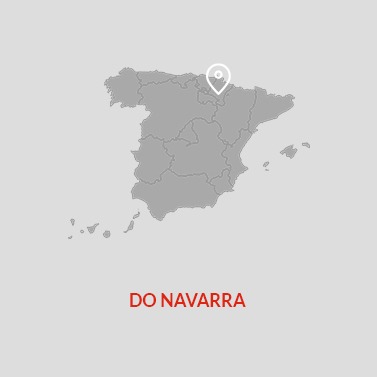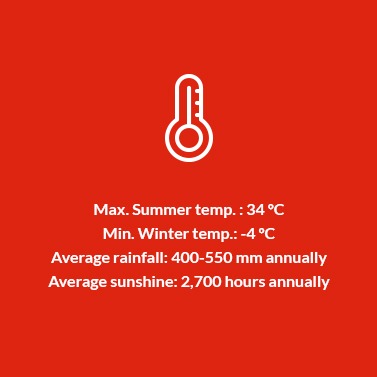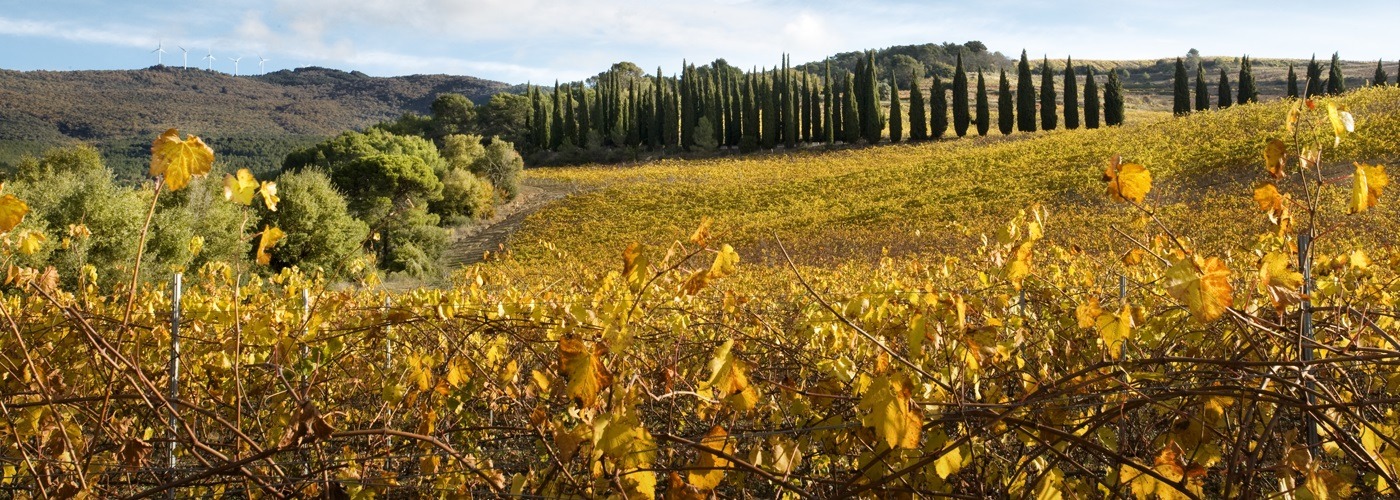480,999 hl
You are here
Navarra DO


The autonomous of Navarra region extends from the central Pyrenees to the Ebro Valley through a variety of landscapes. Spectacular mountains in the north give way to green, undulating foothills and, in the south, an arid plain. The vineyards of Navarra DO are located in the southern part of the region, between Pamplona and the plains. This location is practically unique in the Iberian Peninsula and is marked by the confluence of the Atlantic, Continental and Mediterranean climates. The proximity of the Bay of Biscay, the influence of the Pyrenees and the temperate influence of the Ebro valley are all key factors in giving Navarra its unique range different climates.
Until the 1980s Navarra, a producer of reds, whites and rosés, was best known for its traditional rosé wines, but it has since emerged as one of Spain’s most experienced winemaking areas. This evolution was due, to a large degree, to the work of the Estación de Viticultura y Enología de Navarra (Navarra Viticulture and Oenological Research Station). This centre, established by the Regional Government near Olite, undertakes research and training in the area of viticulture and winemaking and has contributed to turning the DO into a producer of wines as diverse as any found in Spain. Thus, today Navarra makes reds, rosés, whites and Moscatels of quality.
Regulatory Council
Consejo Regulador DO Navarra
Rua Romana
31390 Olite
Navarra
Tel.: +34 948 741 812
info@navarrawine.com
www.navarrawine.com / www.navarrawinelovers.com
Sources
- Spanish Ministry of Agriculture
- Regulatory Council, Navarra PDO
Today Navarra makes reds, rosés, whites and Moscatels of quality.


11,025 ha.
400 m.
Mainly chalky with gravel under soft, fertile topsoil, except in Ribera Baja where it declines into sand.
Viura, Chardonnay, Sauvignon Blanc, Malvasía, Garnacha Blanca and Moscatel de Grano Menudo.
Tempranillo, Garnacha, Merlot, Cabernet Sauvignon, Syrah, Pinot Noir, Graciano and Mazuelo.
8,000 kg/ha.
70 %
392,595 hl
439,134 hl








